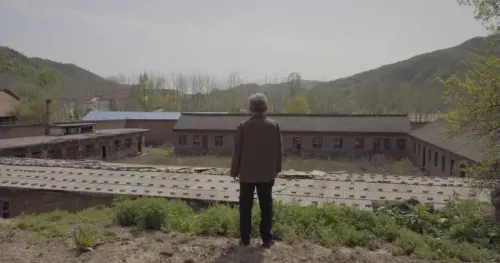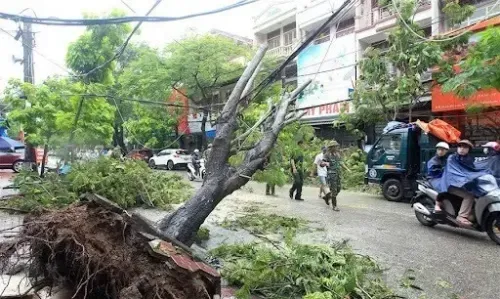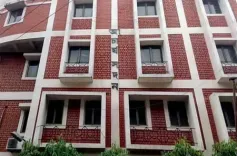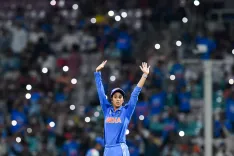Did Pro-Khalistani Jagmeet Singh Lose His Seat in Canada?
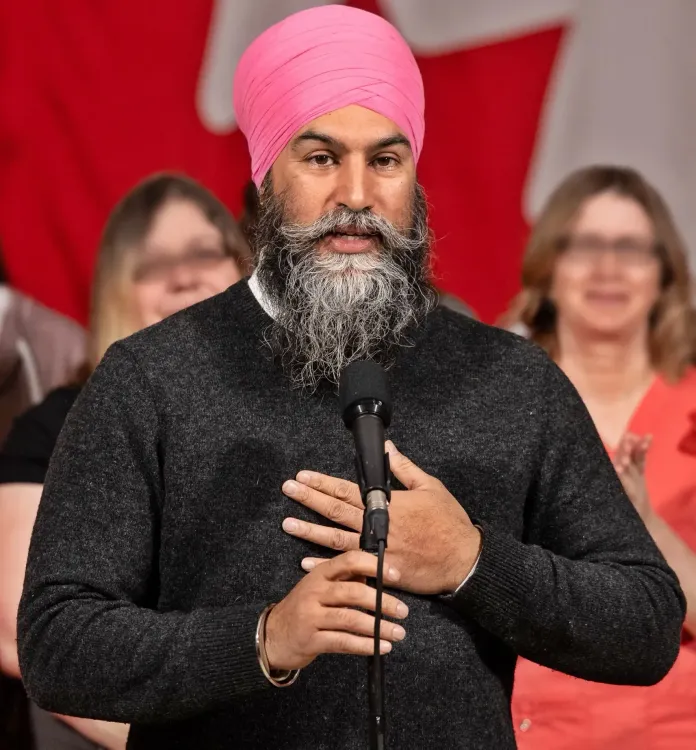
Synopsis
Key Takeaways
- Jagmeet Singh has resigned following a loss in the elections.
- The NDP's representation in Parliament has decreased significantly.
- The Liberal Party has retained power but lacks a majority.
- Singh remains a prominent figure in the Khalistani movement.
- Relations between India and Canada continue to be strained.
Ottawa, April 29 (NationPress) In a stunning turn of events during the Canadian federal elections, Jagmeet Singh, the head of the New Democratic Party (NDP) and a vocal advocate for Khalistani ideals, has stepped down following a significant electoral defeat on Tuesday.
Singh was vying for a third consecutive term but faced a loss of his Burnaby Central seat in British Columbia to Wade Chang from the Liberal Party.
He garnered approximately 27 percent of the vote, while Chang claimed victory with over 40 percent.
This result represents a severe setback for Singh and the NDP, with the Liberals, under Mark Carney's leadership, securing over 160 seats. In contrast, the NDP's representation in Parliament has dwindled to only seven seats out of 343 contested.
The party's vote share has drastically fallen to a mere 2 percent, a stark decline from the 24 seats they held in the previous election.
As a result of this significant downturn, the NDP risks losing its national party status, which mandates a minimum of 12 seats in the House of Commons.
Meanwhile, Prime Minister Mark Carney's Liberals continue to hold power, although they are short of a majority government.
In response to the election outcome, Singh expressed his disappointment on social media platform X, stating, "This night is disappointing for New Democrats. But we are only defeated when we believe those that tell us we can never dream of a better Canada... While I am disappointed about our seat count, my faith in our movement remains strong."
Jagmeet Singh, who has led the NDP since 2017, is notable for being the first ethnic minority to head a major federal political party in Canada.
According to projections from Canadian public broadcaster CBC and other media, the Liberal Party is expected to form the next government, although the certainty of achieving a majority in the House of Commons was yet to be determined at the time of reporting.
Singh has long been a staunch advocate of Khalistani objectives, aligning himself with the aspirations of the Khalistan movement, which seeks to create an independent Sikh state separate from India—a position that has garnered considerable criticism from New Delhi.
Tensions between India and Canada escalated notably last year following accusations that New Delhi was involved in the assassination of Khalistani terrorist Hardeep Singh Nijjar in British Columbia.
During this time, Singh emerged as a prominent supporter of former Prime Minister Justin Trudeau, who made the allegations. However, India dismissed these claims as "baseless" due to a lack of evidence from Canada.
Singh's political stance took a turn in September of last year when the NDP became the last of Canada’s three major opposition parties to end its alliance with Trudeau's government, accusing the former prime minister of capitulating to corporate interests and neglecting progressive commitments.

